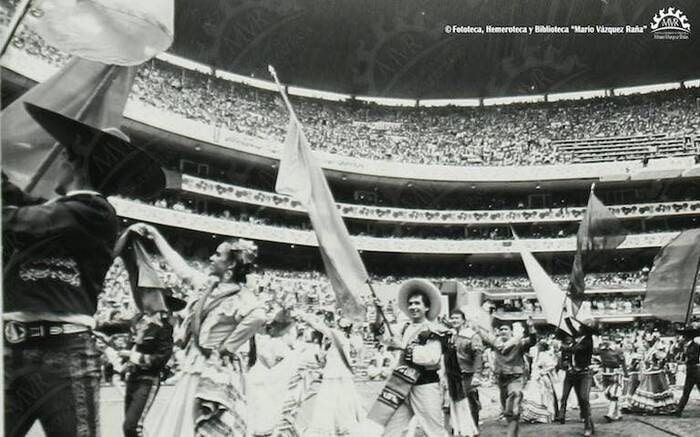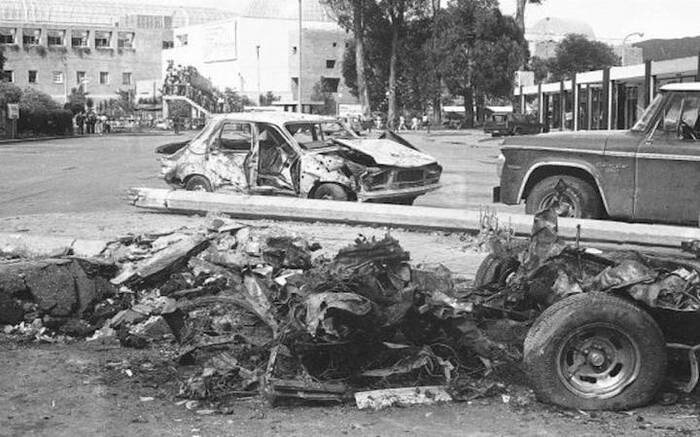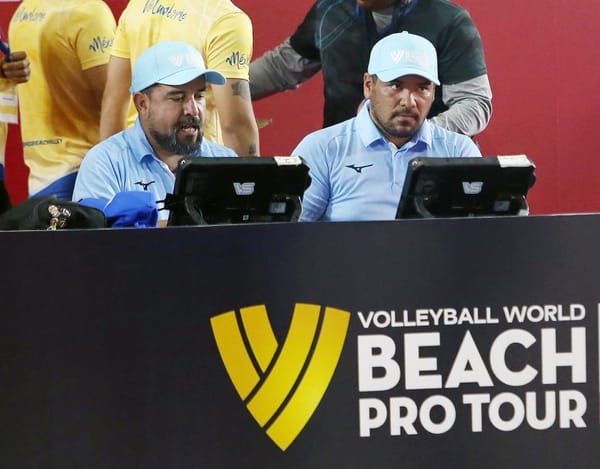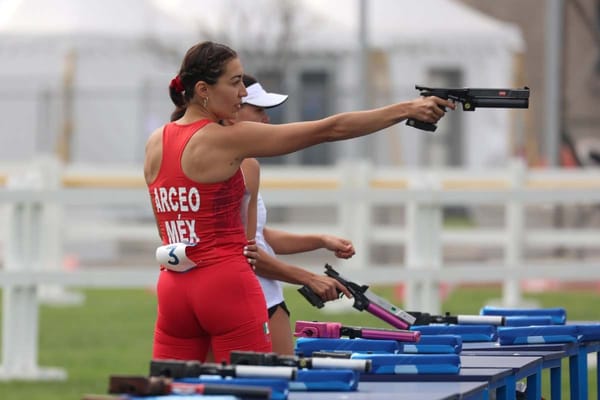The incredible and sad story of Colombia and World Cup 86
FIFA's economic and infrastructure demands, the fight against drug trafficking, the armed conflict and political disinterest sank the dream of an entire nation.

It was 1974 and Colombia was celebrating. The Fédération Internationale de Football Association had just chosen the South American country to host the 1986 World Cup. The visionary dreams of the Colombian sports director, Alfonso Senior, were being fulfilled and the people were bursting with joy to see that their country was on the verge of great things at a time of political and social crisis.
The president in office, Alfonso López Michelsen, was very enthusiastic about taking his country to the pinnacle of international events, so he committed himself to fulfill each of the requirements imposed by FIFA. So how did we get to experience the World Cup in Mexico in 1986? What happened in Colombia for them to lose the status of World Cup host in 1986? There are many answers.
Since Colombia was proposed as a candidate to host the greatest soccer event in 1970, detractors, led by the government opposition, began to question the possibility of their country hosting the event; on the one hand, the economic plan would not be up to the task of paying for an investment of such magnitude, and on the other hand, the political and social situation did not allow the world to set its eyes on Colombia: the guerrilla war and drug trafficking dominated the local and international agenda.
Drug cartels were in the bones of local soccer, owning teams and laundering their money through sports. In 1983, the Ministry of Justice denounced the infiltration of drug traffickers in six important clubs and also in the national team, both in players, coaches, sports officials, and in the results of the matches.
This sport was contaminated by drug trafficking and added to the terror in the cities and the violence in the streets. This problem kept the government very busy on the one hand because, on the other hand, they were also dealing with peace negotiations with guerrilla groups, such as the Revolutionary Armed Forces of Colombia (FARC), the National Liberation Army (ELN), the April 19 Movement (M-19) and the Popular Liberation Army, which since the beginning of the '70s had been living an armed conflict.
Social conflicts were the least Colombia wanted to show to the world, but there were other factors that led to the fall of the World Cup headquarters.
The economic situation was not good for the South American nation either; FIFA's requirements to host the World Cup far exceeded the local infrastructure. They required six stadiums with a capacity of 40,000 attendees, four with 60,000 and two more for 80 spectators, as well as a network of roads and railroads capable of connecting all the venues where the tournament would be played, and almost impossible mission in a mountainous terrain where it would not be possible to connect the major cities.
They also demanded a telecommunications complex, airports at each venue, fleets of limousines for FIFA executives, and tax measures such as a freeze on hotel rates, that ticket taxes should not exceed 15 percent and that commissions for sales agencies should be less than 10 percent. Time went by and nothing happened, political disinterest waned in the organization, the private sector tried to take control through a corporate body that would raise funds, but the organizers did not recognize it, and so the doors of the great illusion of the Colombian nation were closing.

Eight years passed since the announcement of the ratification of the host country and FIFA was already showing its doubts about the Colombian capacity to carry out the World Cup, but they did not have to wait any longer because, in that same year, 1982, the president in the chair Belisario Bentacur made a decision and made it known to the Colombian people: "The 1986 World Cup will not be held in Colombia. The golden rule that the World Cup should serve Colombia, and not Colombia the World Cup multinational, was not fulfilled... Here in the country we have many other things to do and there is not even time for the extravagances of FIFA and its partners", he mentioned in a message on national television and radio.
Thus, Colombia became the first and only country to renounce hosting the World Cup. "See you in Colombia 86" was the message that was displayed at the Santiago Bernabeu during the final of the 1980 World Cup in Spain, a message that was never fulfilled.
By Jair Soto via El Sol de México




